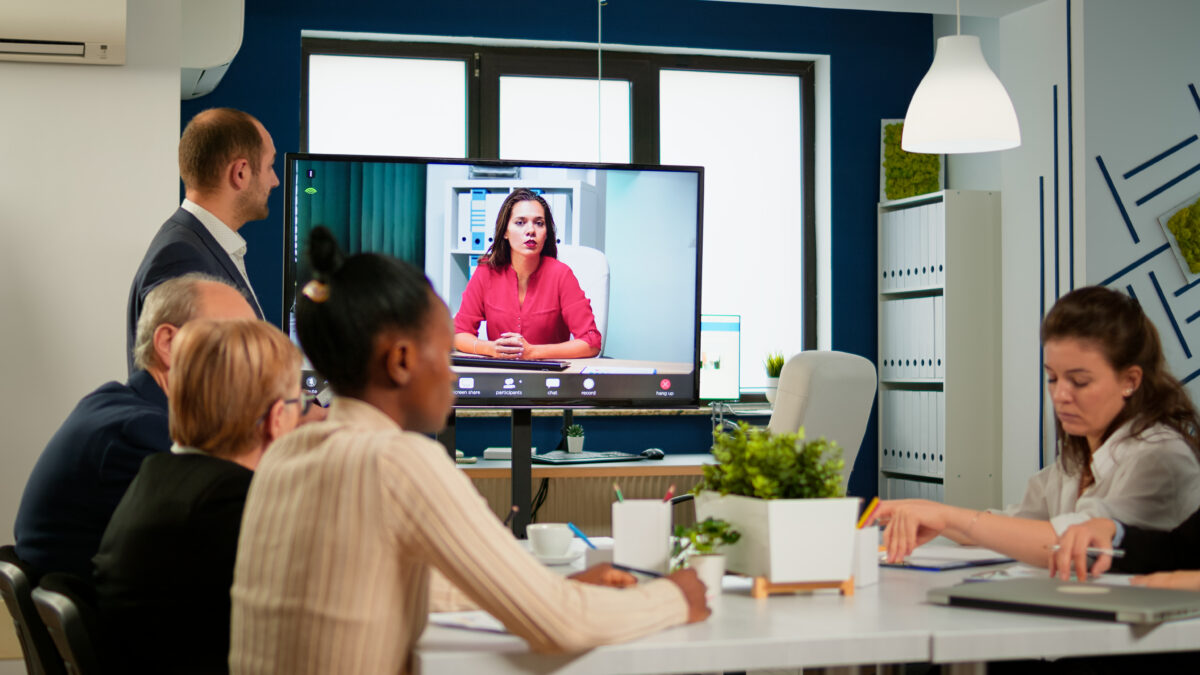Now that the two-day DMEXCO @home 2021 is over, it’s time to share a brief event recap.
Even though this year’s DMEXCO expo & conference was again a virtual event (hence the @home addition in the name), it still managed to bring together hundreds of industry leaders, worlds’ renowned experts and even more tech enthusiasts from around the globe.
Well, now that the two-day conference has ended, it’s time to share some of the key takeaways from it.
Customer Data Takes the Limelight
While last year’s DMEXCO focused more on digital transformation and the global hype around CTV, in 2021 the key topics discussed throughout the conference were all about Data, well Customer Data, to be precise.
- How to get customers’ consent for data collection?
- How to handle identity resolution in view of the recent IDFA updates and the upcoming cookie-less realities?
- What’s the best data-driven strategy for publishers?
- How to leverage first-party data? And what exactly does the term [“first-party-data”] actually encompass?
- What about second-party data? And zero-party data? Is it essential, too?
- How crucial is it to utilize CDPs? Do publishers require in-house CDPs?
These are just some of the mostly-asked questions among the audience, and many other ones were probably left out of the loop.
Meanwhile, some of the key takeaways on how to handle customer data were the following:
- The future seems vague, yet it’s already the high time to do something, i.e. analyze existing customer data stack in terms of consent, accessibility and quality, then come up with a working data strategy to implement in the near future.
- The data-centric approach to customer data must, undoubtedly, imply the use of first-party data in some sort of a CDP, or otherwise, as this becomes perhaps the most valuable publisher’s asset [in addition to quality content/inventory] – both in terms of audience retention & engagement, and advertising partnerships, too.
- Missing out on the contextual targeting aspect is a big, and soon to become unforgivable, mistake.
5G Adoption Remains a Cornerstone of the New Immersive Realities
While the digital advertising industry is already exploring newly-unlocked opportunities in the emerging immersive realities of metaverse, their implementation is still stumbling upon the relatively slow 5G adoption in various regions of the world.
Of course, lack of AR/VR device accessibility to wider audiences is the second crucial issue, but no device, or sales skills, would help the case, until the connection speed gets substantially higher.
Ironically, the connection issues have also disrupted the conference flow itself (e.g. many streams were buffering slowly and often interrupted), only proving the point that hiring a production company for virtual events may not be enough.
Nonetheless, the majority of top-tier businesses remain optimistic about the pace of 5G adoption further on, with some acceleration forecasted for 2022, in particular.
“Madtech” isn’t new, but it gets trendier
The not-so-new notion of “madtech”, which refers to the convergence of martech and adtech, is quickly becoming one of the industry buzzwords in 2021.
And there’s actually a strong reasoning behind the case.
First, given the new, digital-first (and often digital-only) realities, even the creation of an efficient data strategy, for instance, inevitably requires a joint effort from developers and marketers (e.g. with the help of a variety of project management tools), so do many other essential tasks (e.g. lead generation, including the use of email verification tools, cold email marketing activities; digital ad partnerships, customer acquisition & retention, etc.)
Second, the optimization (i.e. reduction) of media budgets in 2020-2021 is forcing marketing teams to re-evaluate and re-allocate their spending to the most effective marketing channels (e.g. start or, vice versa, stop using some of the small business marketing tools), which are mostly digital, too. And where there’s digital, the entire implementation cycle (from prep to launch, A/B testing and optimization) naturally involves dev teams, hence the better the collaboration, the better the final outcome will be.
Wish to attend more ad conferences in 2021? Check out the our guide to digital advertising events worth attending in Q3 & Q4 2020.

